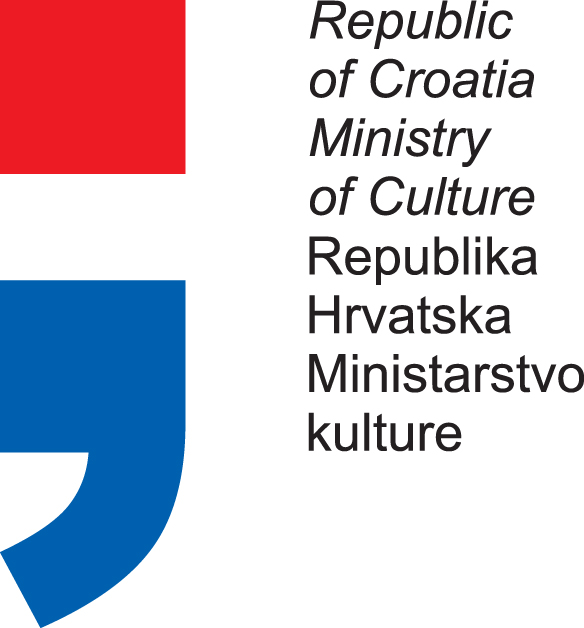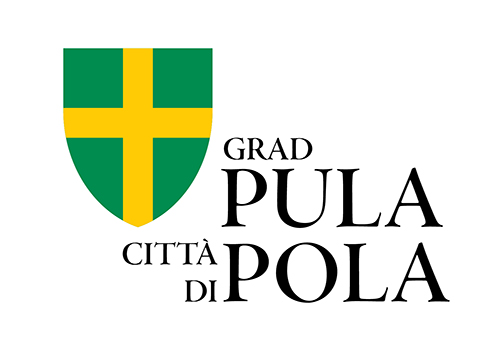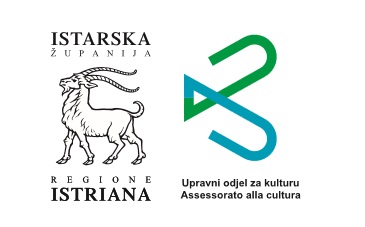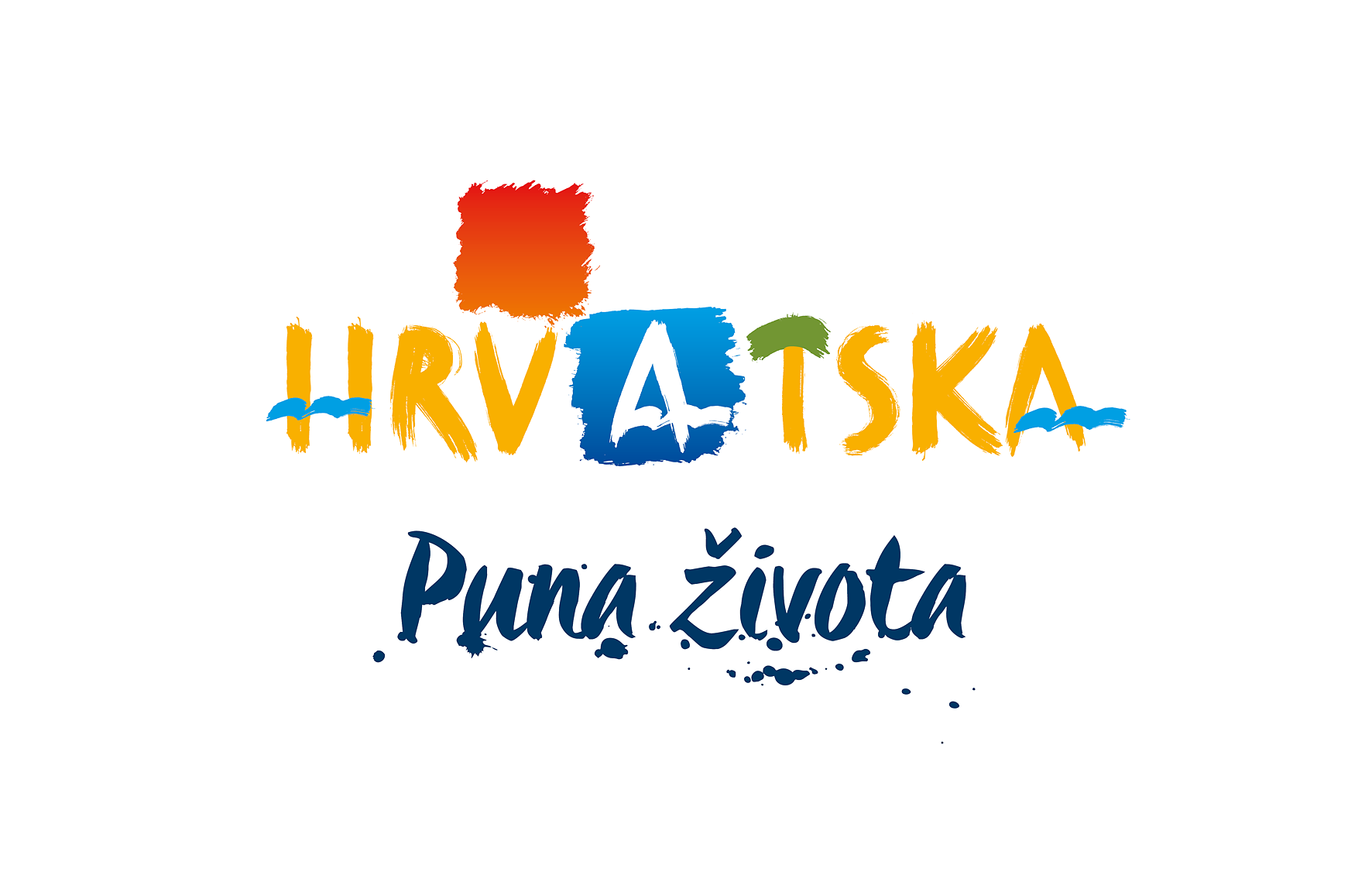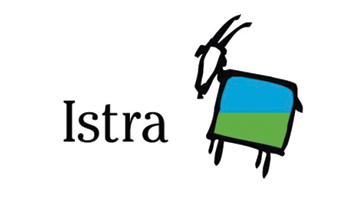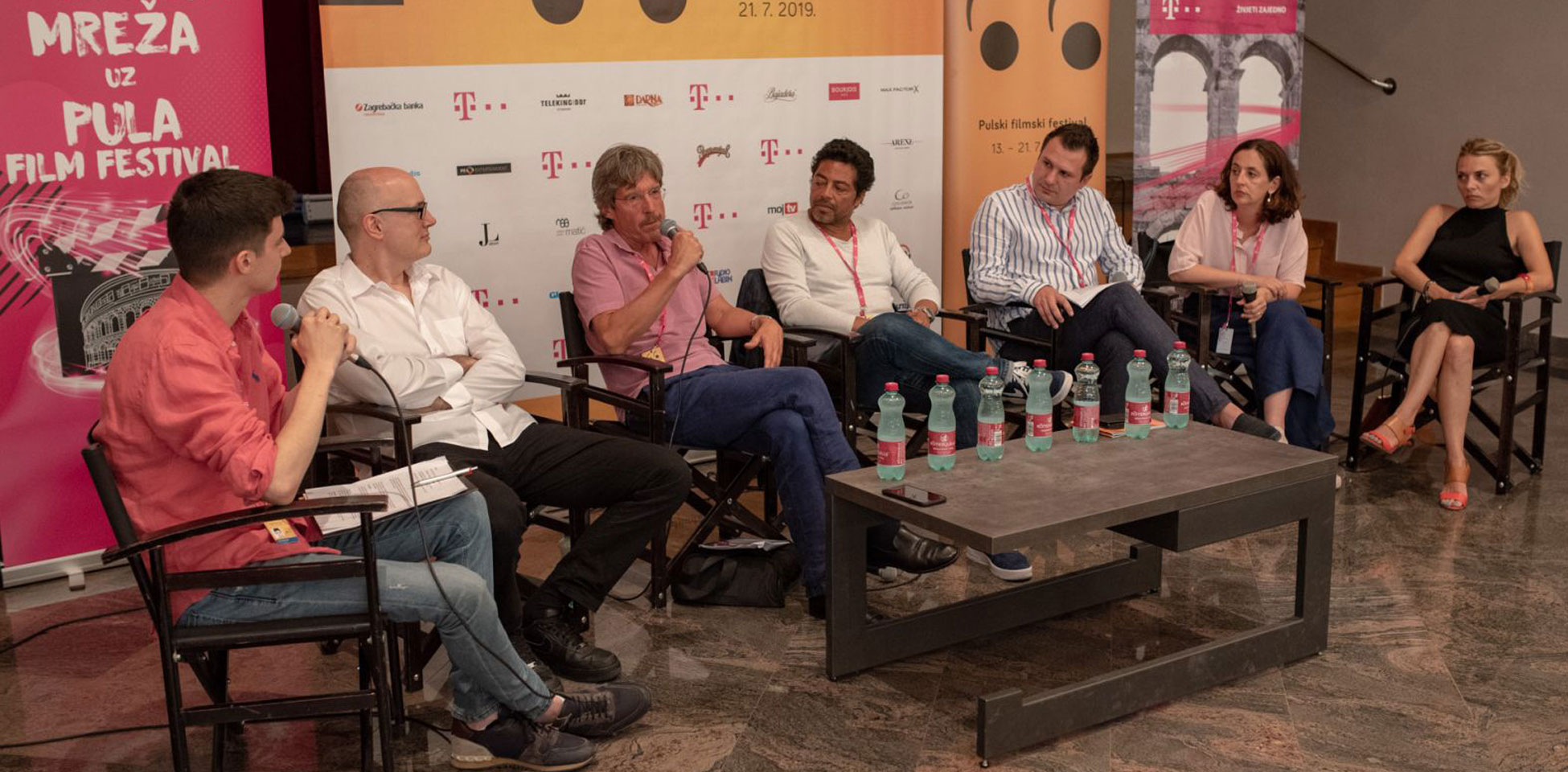
On the second day of Pula Film Festival’s Industry Programme, a round table on increasing the ratings of national and European film was held. The speakers were the artistic director of Pula Film Festival Zlatko Vidačković, director of Croatian Audiovisual Centre (HAVC) Chris Marcich, president of Wide Management Loic Magneron, president of Croatian Independent Cinemas Network and Mediterranean Film Festival Split Alen Munitić, director of Rijeka Art Cinema Slobodanka Mišković, and the representative of Fox Visions Jelena Jovanović.
Zlatko Vidačković, the artistic director of the Festival, thinks that Croatian cinema should pay great attention to audience development and has emphasised the example of high ratings of Croatian films at Pula Film Festival. One of the positive examples mentioned is Mediterranean Film Festival Split. Its founder Alen Munitić pointed out its success and the fact that last year the festival sold more than 50,000 tickets. He also emphasised that promotion and marketing are key, but that every film needs to be approached individually.
Marcich said that summer cinemas are attractive to a large number of people and that thought should be given to ways of retaining the audience beyond the summer season and open-air screenings.
Alen Munitić said that many independent cinemas are in public ownership and that they are expected to generate profit, but more attention should be given to the important cultural influence of the cinemas.
“We made a decision to be a cultural and social centre, and focus on our educational and cultural role in society. In the last 10 years, our most successful programme is the national film programme, and this year the most sold tickets were the ones for two Croatian films: The Last Serb in Croatia and What a Country!”, Slobodanka Mišković pointed out.
Marcich announced that in the coming years they will try to ensure more resources for the promotion and distribution of Croatian films.
Jelena Jovanović added that a good example of some sales agents and producers helping independent distributers is to encourage actors to come to the screenings, which is a great help in attracting the audience.
“Together with HAVC, we have organised the promotion of Croatian films, and film crews and actors travelled to screenings at independent cinemas, and have contributed to promotion,” Munitić said.
The discussion then focused on the distributors’ expectations of excellent ratings of Croatian films with independent distributors. However, this is a problem for independent cinemas, as multiplex cinemas get the right to show the film first, so the independent cinemas are in an unequal position for some Croatian films that have potential to become hit films.
Magneron expressed concern that, in case independent cinemas start screening blockbusters, the specific positioning of these cinemas could be lost, and with it the ability to attract new audiences and audiences with different interests. However, Munitić replied that some cities, which have cinemas from the Cinema Cetwork do not have multiplex cinemas, and that this is the only way for the people to watch ‘commercial’ films as well. He also emphasised that their focus is still on independent films.
Zlatko Vidačković gave examples of good marketing campaigns, such as the press conference for the film What a Country!, held at Kulmerovi dvori, and for the film My Grandpa Is an Alien, which premiered at KinoKino International Film Festival for Children; and said he thinks Croatian distributers have better and better ideas for film promotion.
Magneron also thought back to the time when, as a sales agent, he participated in the global marketing of the film The Priest’s Children, confirming that audiences abroad like to watch Croatian films.


